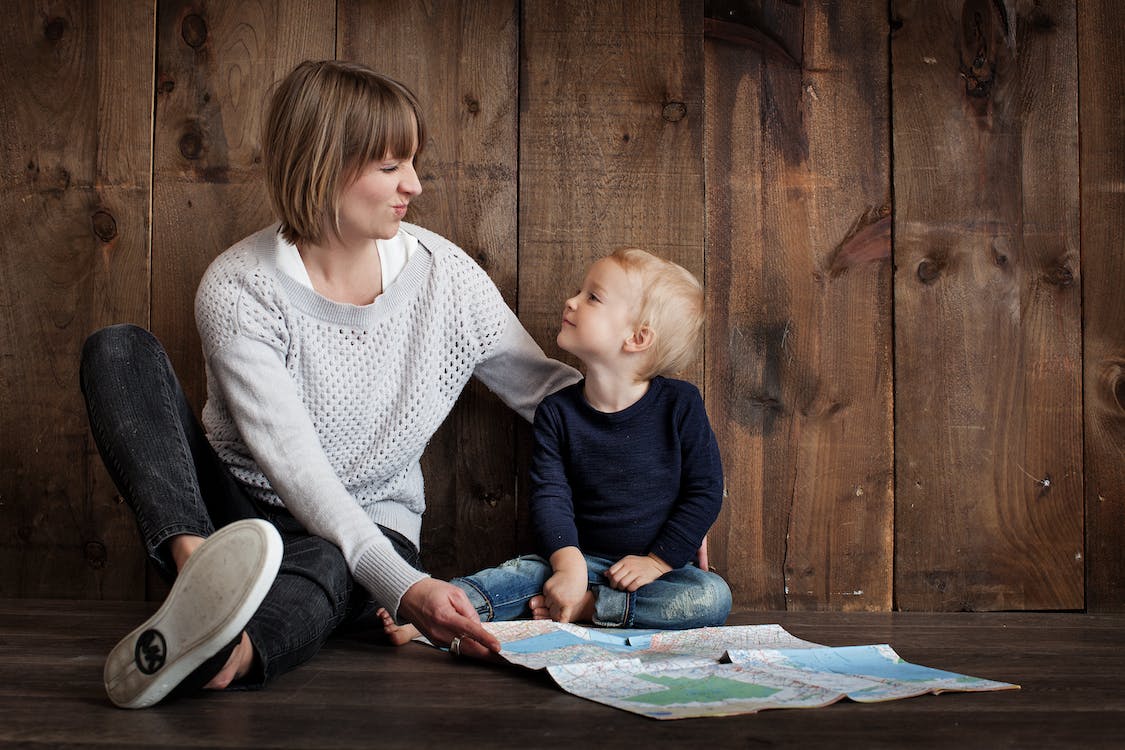|
Kara Vermaak. Provisional Psychologist As a parent, it's understandable that you want to be the best caregiver you can be for your child, but often parents find themselves busy, tired, overwhelmed and unable to connect with their children in the way they’d love to. It's important to remember that it’s not about being a perfect parent, but trying to be a more mindful parent. Being a mindful parent is about being present and compassionate with yourself and your child, and this takes practice. Practicing mindfulness as a parent can be a powerful tool for enriching your relationship with your child and fostering a deeper sense of connection and understanding. By being more present with your child and practicing non-judgmental awareness, you can create a safe and supportive space for them to explore and grow. Here are 3 steps to being a more mindful parent: 1. Practice self-care As a parent, it can be easy to get caught up in the demands of daily life and neglect your own wellbeing. However, taking care of yourself is essential for being a mindful parent. Make time for activities that nourish your mind and body, such as exercise, eating healthy, or spending time in nature. By prioritizing your own well-being, you'll be better equipped to be present with your children. 2. Practice active listening Mindful parenting involves being fully present and engaged with your children. One way to do this is to practice active listening. This means giving your full attention to your child when they're speaking, without interrupting or rushing them. Listen to their words, tone, and body language, and respond with empathy and understanding. By truly listening to your child, you can deepen your connection with them and help them feel seen and heard. 3. Practice non-judgmental awareness Mindful parenting involves being aware of your own thoughts and emotions, as well as those of your child. Rather than reacting to challenging situations, try to approach them with non-judgmental awareness. This means observing your own thoughts and emotions without judgment or criticism, and responding with kindness and compassion. By modelling this kind of awareness and acceptance for your child, you can help them develop a healthy relationship with their own thoughts and emotions. Remember to be gentle with yourself as you cultivate your mindfulness practice. It's okay if you have moments of distraction or judgment - that's all part of the learning process. The important thing is to approach each moment with curiosity and compassion, and to continue practicing even when it feels a little challenging. For more support, please reach out and book an appointment with one of our friendly psychologists
Comments are closed.
|
Categories
All
|
Hopscotch & HarmonyAt Hopscotch & Harmony Psychology, you can expect compassionate care and evidence-based guidance on your journey to wellness.
With clinics in Werribee and Belmont, as well as providing online counselling to clients who live throughout Australia, our dedicated team of psychologists and dietitians are committed to providing support to children, teenagers and adults. With a focus on understanding your unique needs, we offer tailored solutions to foster growth and resilience. Trust in our experience and dedication as we work together towards your well-being. Welcome to a place where healing begins and possibilities abound. |
Our services |
Contact usHopscotch & Harmony
Child, Teen and Adult Psychology Our Locations:
WERRIBEE: 1/167-179 Shaws Rd
BELMONT: 92 Roslyn Rd AUSTRALIA-WIDE: Online counselling |
Hopscotch and Harmony respectfully recognise the Aboriginal and Torres Strait Islander people as the first Peoples of the continent now called Australia.
We acknowledge the Bunurong and Wadawurrung people of the Kulin Nation, the traditional owners of the land on which we work, and pay our respects to their Elders, past, present and emerging.
© 2024 Hopscotch and Harmony Pty Ltd



 RSS Feed
RSS Feed
